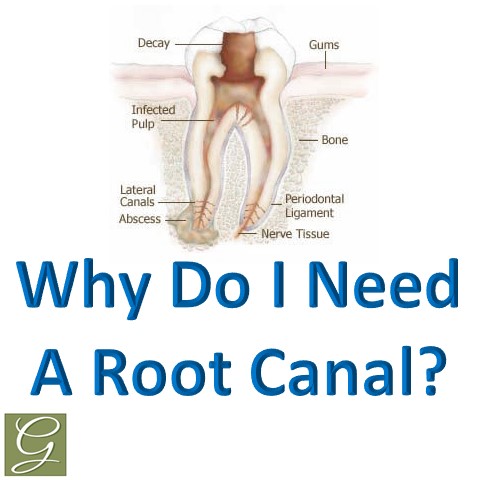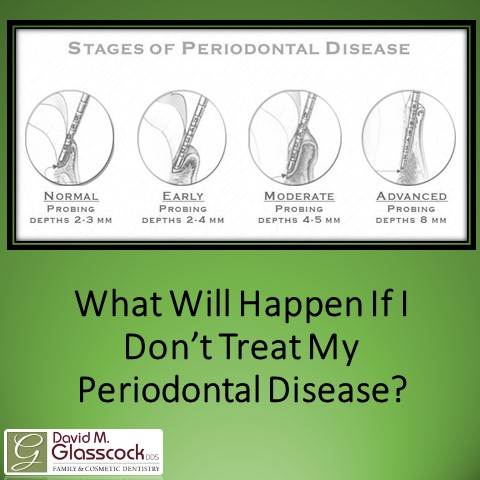We at Glasscock Dental, are frequently asked a number of questions in relation to ones dental health. We love answering all your questions! Our goal is to give you as much information as possible to ensure you maintain a happy and healthy smile. Below is a list of the top ten questions that we hope will help you with your dental education. 🙂
All x-rays produce radiation. Fortunately, the dose of radiation you are exposed to during a dental X-rays is extremely small.
2. What are dental sealants, who should get them, and how long do they last?
Sealants are a thin, plastic coating that is put on the chewing surfaces usually of the back teeth (the premolars, and molars) — to prevent tooth decay. It provides a protective barrier over the tooth enamel. Sealants are typically applied to children’s teeth between the ages of 6 to 14.
3. When will drill-less dentistry become a reality?
It is already being done. Air abrasion or micro-abrasion, is being offered by some dentists. Air abrasion can be used to remove some tooth decay, old composite restorations, preparation of tooth surface for bonding or sealants, and to remove some stains and discolorations.
4. What’s the latest word on the safety of amalgam-type fillings?
The American Dental Association (ADA) and the FDA say amalgams are safe. They conquer that any link between mercury-based fillings and disease is unfounded.
5. How do whitening toothpastes work and how effective are they?
Whitening toothpastes can only help remove surface stains as they do not contain bleach. To get significant whiter teeth, a professional teeth whitening is recommended. Our office will give you the smile you are looking for.
6. I’m interested in changing the shape of my teeth. What options are available?
There are a number of options:
- Bonding is a procedure in which a tooth-colored resin material (a durable plastic material) is applied to the tooth surface and hardened with a special light, which ultimately “bonds” the material to the tooth.
- Crowns are tooth-shaped “caps” that are placed and cemented in place over teeth to the gum line.
- Veneers are thin, custom-made shells of tooth-colored materials that are designed to cover and bond to the front surface of teeth.
- Recontouring or reshaping of the teeth is a procedure in which small amounts of tooth enamel are removed to change a tooth’s length, shape or surface.
7. I have a terrible fear of going to the dentist. What should I do?
The key to coping with dental anxiety is to discuss your fears with your dentist and dental staff. The office of Glasscock Dental specializes is stress free dental. If you experience dental fear, let us know. We will put your mind at ease.
8. There are so many toothpastes to choose from; how do I know which one to use?
Each persons dental needs can be different. After meeting with your dentist and/or hygienist, ask what particular needs your mouth requires. Then choose a toothpaste that provides those needs. (Example: Tartar Control)
9. I can’t afford regular dental care. Are there some resources available to me?
We at Glasscock Dental offer a number of payment options to try and make your dental procedures affordable. If these are not an option for you, The American Dental Association’s website provides links to state dental associations local societies, and state dental schools. Ask your dentist or call your local social service organization for assistance in locating these types of services in your community.
10. I recently moved and need a new dentist. How can I find one?
Glasscock Dental has been nominated as a Top Ten Dentist by Charlotte Magazine. We would love to have you as a new patient. Our goal is always to provide our patients with the highest level of dental care.



 We all know we need water to live, however many people don’t know about the amazing powers of water. Our bodies are made up of 60 percent water. Drinking water throughout your day assist in distributing nutrients throughout your body and gets rid of waste from our system. As an added benefit, it helps give our skin a healthy glow and keeps are muscles hydrated for top performance.
We all know we need water to live, however many people don’t know about the amazing powers of water. Our bodies are made up of 60 percent water. Drinking water throughout your day assist in distributing nutrients throughout your body and gets rid of waste from our system. As an added benefit, it helps give our skin a healthy glow and keeps are muscles hydrated for top performance. Have you ever woken up in the morning snuggling with your significant other? Waking up happy, relaxed and comfortable as reality begins to roll back in ? As you’re thinking, “How could life be any better?”, when a devastating new thought pops in your head. The reality of your offensive morning breath rushes to the front of your thoughts. Now that could be an ugly end to a perfect moment. Being careful to keep your mouth shut, you hurry to the bathroom to begin your morning ritual. Sound familiar?
Have you ever woken up in the morning snuggling with your significant other? Waking up happy, relaxed and comfortable as reality begins to roll back in ? As you’re thinking, “How could life be any better?”, when a devastating new thought pops in your head. The reality of your offensive morning breath rushes to the front of your thoughts. Now that could be an ugly end to a perfect moment. Being careful to keep your mouth shut, you hurry to the bathroom to begin your morning ritual. Sound familiar? Most people have heard of a root canal. The idea of needing a root canal tends to create unneeded fear for its recipients. Most of a persons anxiety in relation to this procedure is caused by misinformation or a lack of knowledge of what to expect. The question is,”what is it and why do you need it?”.
Most people have heard of a root canal. The idea of needing a root canal tends to create unneeded fear for its recipients. Most of a persons anxiety in relation to this procedure is caused by misinformation or a lack of knowledge of what to expect. The question is,”what is it and why do you need it?”.
 What Will Happen If I Don’t Treat My Periodontal Disease?
What Will Happen If I Don’t Treat My Periodontal Disease?

 Millions of people do not get the dental care they need according to a 2011 report from the
Millions of people do not get the dental care they need according to a 2011 report from the